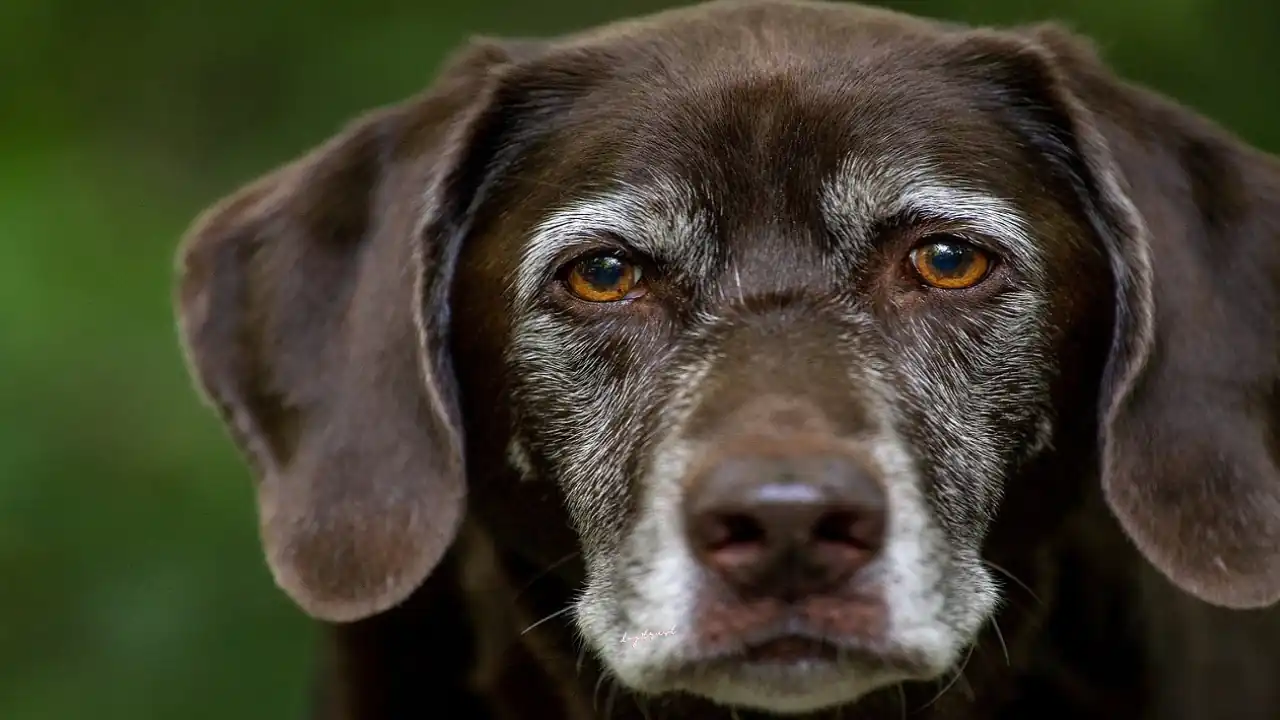Aging dog care

As our furry friends age, their needs change and they require extra care and attention. Just like humans, senior dogs may experience health issues and require special considerations. In this ultimate guide, we will explore everything you need to know to provide the best care for your older dog.
Understanding senior dogs
Before we dive into the specifics of senior dog care, it’s important to understand what happens to dogs as they age. Dogs are considered seniors when they reach about seven years of age, although this can vary depending on the breed and size.
As dogs age, they may experience physical and cognitive changes. Their energy levels may decrease, they may develop arthritis or other joint issues, and their senses may decline. It’s crucial to be aware of these changes and adapt their care accordingly.
Caring for senior dogs
1. Regular veterinary check-ups:
It’s essential to schedule regular check-ups with your veterinarian to monitor your senior dog’s health. These check-ups can help detect any potential issues early on and ensure prompt treatment.
2. Balanced diet:
A nutritious diet is crucial for senior dogs. Their nutritional needs may change with age, so it’s important to consult with your vet to determine the best diet for your furry friend. Senior dog food formulas are often lower in calories and contain specific nutrients to support their aging bodies.
3. Weight management:
Weight gain can put additional strain on a senior dog’s joints and exacerbate health issues. Monitoring their weight and ensuring they maintain a healthy weight can help prevent complications.
4. Exercise and mental stimulation:
While senior dogs may not be as energetic as they once were, they still require regular exercise to keep their bodies and minds active. Adapt exercise routines to accommodate their physical abilities and provide mental stimulation with puzzle toys and interactive games.
5. Dental care:
Oral health is crucial for senior dogs, as dental issues can lead to pain, infections, and other health problems. Regular teeth brushing and annual dental cleanings are important to maintain their oral hygiene.
6. Joint care:
As dogs age, their joints may become stiff and painful. Providing joint supplements, such as glucosamine and chondroitin, can help alleviate discomfort and improve mobility. Additionally, providing them with a soft and comfortable bed can ease the pressure on their joints.
7. Regular grooming:
Senior dogs may require more frequent grooming to keep their coat clean and free of tangles. Regular brushing, nail trims, and ear cleanings are essential for their overall hygiene and comfort.
Mental and emotional well-being
1. Provide a comfortable environment:
Creating a comfortable and safe environment for your senior dog is important for their overall well-being. Ensure they have a cozy bed, easy access to water, and a quiet place to rest.
2. Gentle and positive training:
Patient and positive reinforcement-based training can help older dogs learn new behaviors and keep their minds active. Use rewards and encouragement to motivate them.
3. Maintain a routine:
Senior dogs thrive on routine, as it provides them with a sense of security and predictability. Stick to a consistent schedule for feeding, exercise, and sleep.
4. Monitor their behavior:
Pay attention to any behavioral changes in your senior dog, as they may indicate underlying health issues or discomfort. If you notice any changes, consult with your veterinarian.
Caring for a senior dog with specific health conditions
Senior dogs may develop various health conditions as they age. Here are some specific considerations for the most common issues:
Arthritis:
- – Provide comfortable bedding with extra support.
- – Modify exercise routines to low-impact activities.
- – Consider joint supplements or medications as recommended by your vet.
Dental disease:
- – Regular teeth brushing and dental check-ups.
- – Feeding soft or moistened food if necessary.
- – Providing chew toys or dental treats for oral stimulation.
Cognitive decline:
- – Keep their environment familiar and minimize changes
- – Use puzzle toys and games to stimulate their mind
- – Provide a regular routine to reduce confusion and anxiety
Blindness or vision impairment:
- – Keep their surroundings consistent and avoid rearranging furniture.
- – Use verbal cues and touch to guide them.
- – Be cautious of potential hazards in their environment.
Conclusion:
Caring for a senior dog requires compassion, patience, and understanding. By providing them with the appropriate care, diet, exercise, and mental stimulation, you can ensure that their golden years are comfortable and enjoyable. Regular veterinary check-ups and monitoring their behavior are crucial for early detection of any health issues. Remember, your older furry friend has given you so much love and companionship throughout the years, and now it’s time to return the favor by providing them with the best senior dog care.
